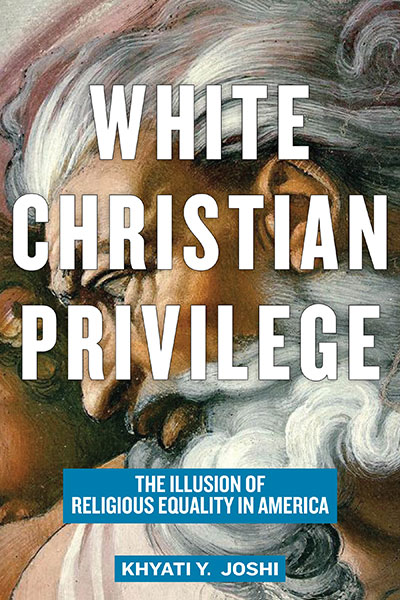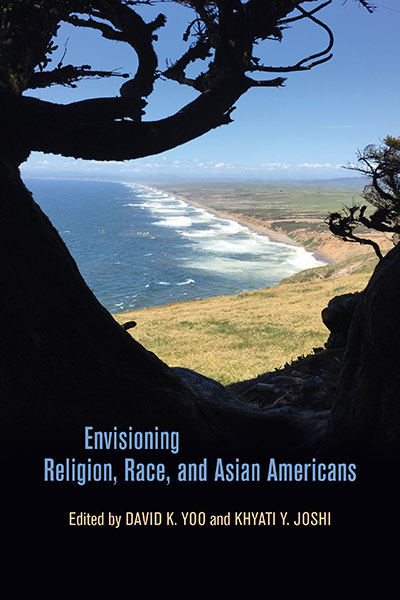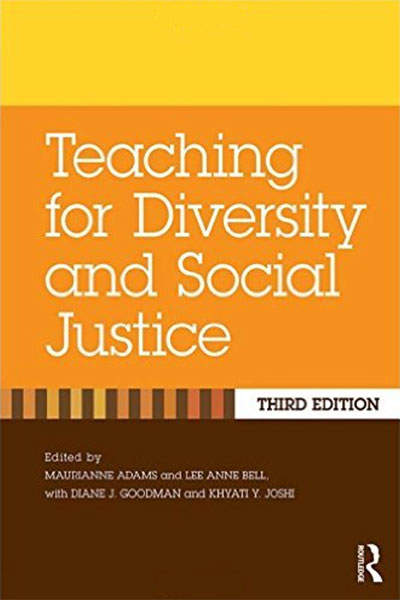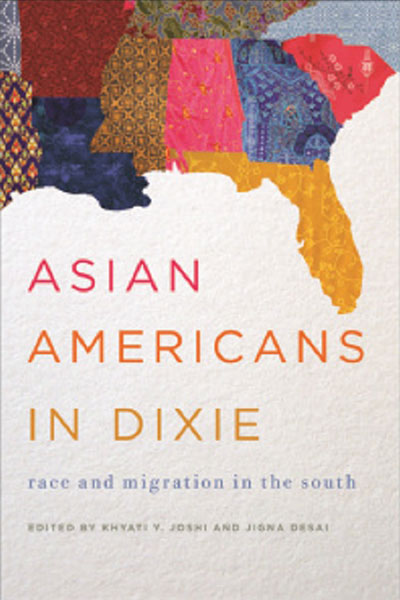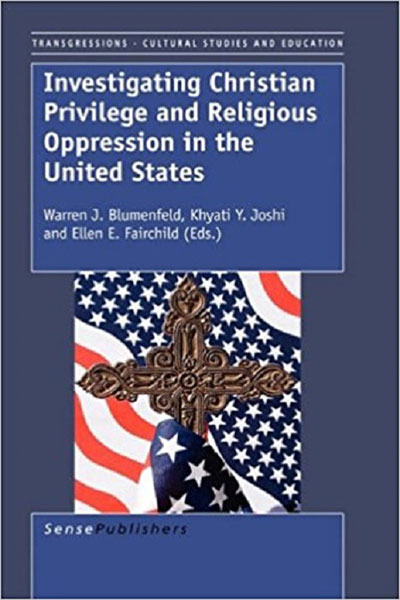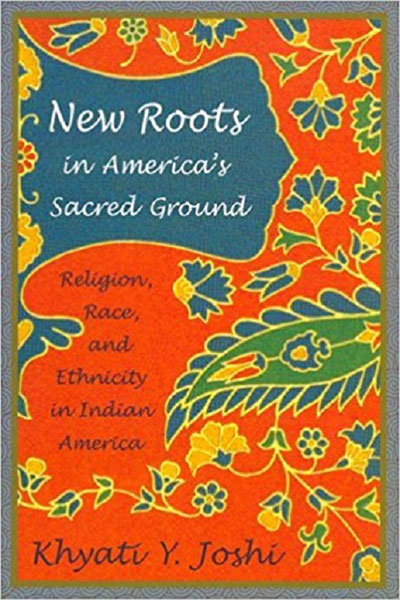Publisher’s Weekly - May 2020 - Joshi (New Roots in America’s Sacred Ground), professor of education at Fairleigh Dickinson University, explores Christian privilege, Christian normativity, and Christian hegemony in this powerful analysis. Her argument is simple: Christianity (particularly the European Protestant strain) has been established as the unacknowledged common culture, not simply religion, of the United States, leading to a situation where anything not white, Western, and Christian is seen as abnormal. Providing something of a whistle-stop tour—rather than an in-depth exploration—Joshi whisks through the development of white Christian privilege in just under two chapters. She explores the effects of the 16th-century papal “The Doctrine of Discovery” that authorized any Christian monarch who “discovers non-Christian lands has a right to claim a superior and paramount title to these lands” and argues it was used to justify the conquest of indigenous people. She also uses National Geographic’s 2018 apology for decades of racist coverage as a jumping-off point to examine contemporary problems in the representation of non-Christian minorities and foreigners. Joshi’s notes and bibliography will prove an invaluable guide for readers who want to continue exploring these ideas in more depth. This brisk overview is a must-read for those interested in America’s Christian foundation.
Read moreWhite Christian Privilege - The Illusion of Religious Equality in America (Description of the Book)
Christianity’s overwhelming social power shapes America today, even when religious discrimination is mistaken for racism or obscured in debates over immigration or national identity. The United States’ most powerful and enduring myth is that it was created as a haven of religious freedom for all, and that the First Amendment makes people of all faiths, and of no faith, genuinely equal before the law.
It is time for the world’s most religiously-diverse nation to understand that, in fact, Christian privilege has always been embedded in U.S. policy, politics, and society’s rules and assumptions about who belongs and who doesn’t. Drawing upon her decades of research and teaching, and on the literature in legal studies, history, sociology, religion, ethnic studies, and education, Khyati Y. Joshi maps the origins of Christian privilege and the entwinement of Christianity and Whiteness in American national identity. She traces these phenomena from their European orientalist roots, to the American colonial era and Westward expansion, through 19th-century immigration and citizenship policies, to present-day social movements. Using the voices of Christians and religious minorities, Joshi explores the effects of Christian privilege and White racial norms on how all sorts of Americans live religion in the present day. In doing so, she poses and begins to answer the most urgent question Americans may face today: How to become a "more perfect union" – a religiously pluralistic democracy that leaves White Christian supremacy behind.
